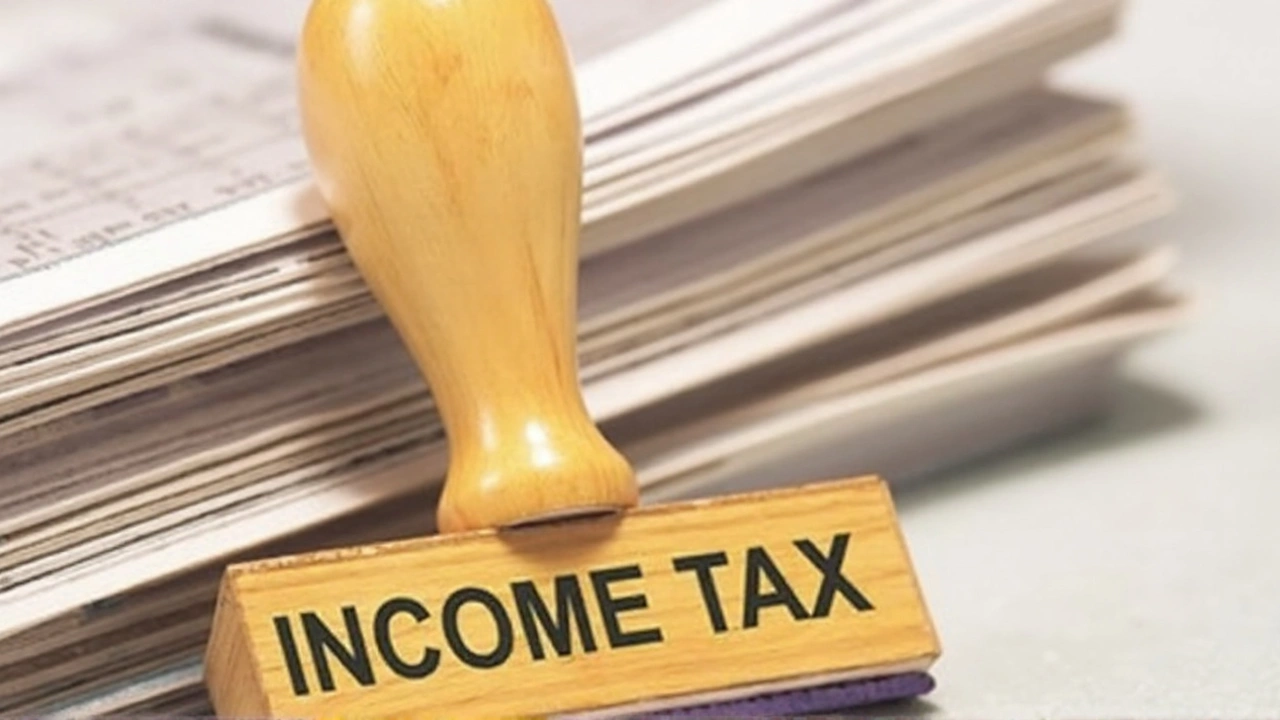CBDT Extension Explained: Quick Ways to Extend Your Tax Deadline
If you’ve ever missed a tax filing date, you know the panic that follows. The good news? The Central Board of Direct Taxes (CBDT) often grants extensions if you follow the right steps. In this guide we’ll break down what a CBDT extension is, when you can ask for one, and how to apply without the headache.
When Does a CBDT Extension Make Sense?
Most taxpayers face strict filing dates for income tax returns, provisional tax, and audit reports. If you’re a small business, a freelancer, or just dealing with unexpected paperwork, an extension can give you the breathing room you need. The CBDT typically allows extensions for:
- Income tax return filing for individuals and firms.
- Provisional tax payments for corporations.
- Tax audit reports under Section 44AB.
Remember, the extension isn’t automatic – you have to request it before the original deadline lapses.
How to Apply for a CBDT Extension
Applying is simpler than you think. Follow these steps:
- Check the official notice. The CBDT releases extension dates on its website and in the Income Tax Act updates. Look for the relevant year’s bulletin.
- Gather supporting documents. Common reasons include natural disasters, technical glitches on the e-filing portal, or serious illness. Attach any certificates or official letters that prove your case.
- File an online request. Log in to the e-filing portal, go to the “Request for Extension” section, and fill in the form. You’ll need your PAN, assessment year, and a brief explanation.
- Pay any pending dues. If you owe tax, the extension often comes with interest. Pay the estimated amount to avoid extra penalties.
- Get confirmation. The portal will send an acknowledgement. Keep it safe – it’s proof that you asked for extra time.
Most requests are approved within a few days, especially if you’ve followed the guidelines.
Here are a couple of practical tips to make the process smoother:
- Don’t wait until the last minute. Submit your request at least a week before the deadline.
- Use the correct format. The portal often requires a PDF upload. Name your file clearly, e.g., “CBDT_Extension_Request_2024.pdf”.
- Track your status. Log back into the portal daily to see if the extension has been granted.
Once approved, you’ll have a new filing date usually extending the original deadline by 15‑30 days, depending on the notice. Use this time wisely – double‑check your returns, get professional help if needed, and avoid a repeat of the rush.
Got more questions? The most common ones are about interest rates on delayed payments and whether a second extension is possible. The answer is that interest continues to accrue on any unpaid tax, and a second extension is rare – you’ll need a very compelling reason and direct approval from the CBDT.
Bottom line: a CBDT extension can be a lifesaver, but it works only if you act early and follow the portal’s steps. Keep this guide handy, and you’ll stay on top of your taxes without the last‑minute scramble.
ITR Filing Last Date 2025: Deadline Extended to September 15 after form changes and system updates
The government has pushed the ITR deadline for FY 2024-25 (AY 2025-26) to September 15, 2025, citing new return forms and system upgrades. Individuals and HUFs without audit get more time; audit and transfer pricing cases follow later dates. Over 6 crore returns are already filed. Belated returns are allowed till December 31 with fees and interest. No further extension is planned.
